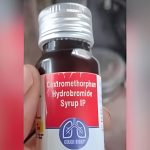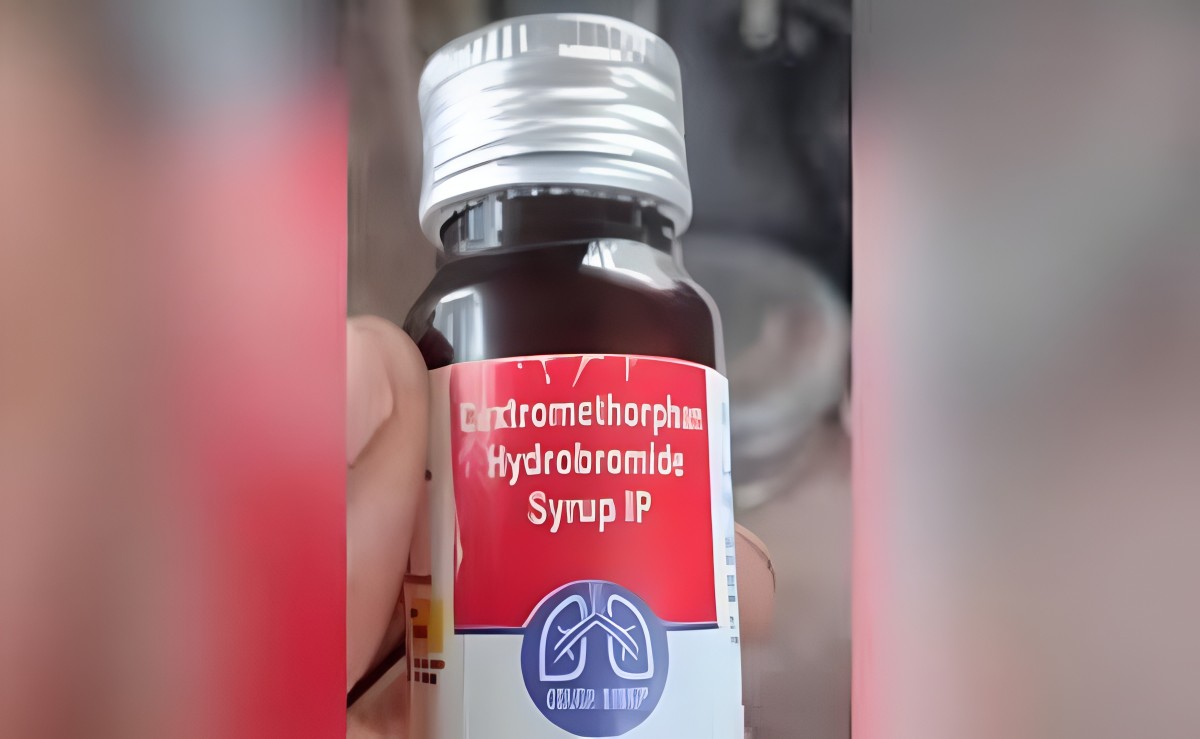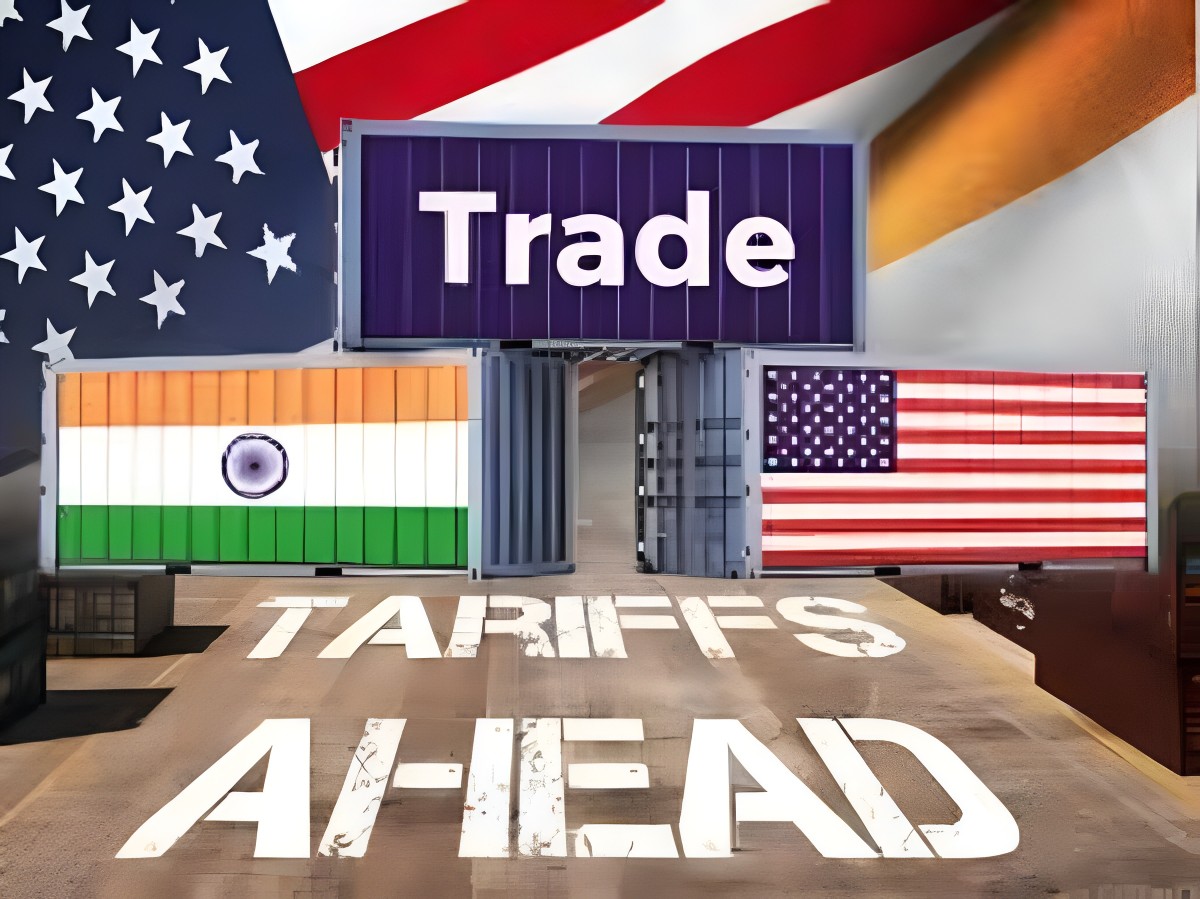The recent controversy surrounding Kaysons Pharma’s cough syrup has spotlighted significant concerns in India’s pharmaceutical regulatory framework. Following the tragic deaths of 11 children in Rajasthan and Madhya Pradesh, the Rajasthan government has taken decisive actions to address the situation.
Also Read:Cloudburst in Dehradun: What It Reveals About Rising Climate Risks
Incident Overview
The deaths have been linked to a cough syrup containing dextromethorphan hydrobromide, manufactured by Jaipur-based Kaysons Pharma. Despite previous quality failures, the syrup was reinstated in the state’s free medicine scheme. Reports indicate that 42 out of 10,119 samples from Kaysons Pharma have failed quality tests since 2012 .
⚖️ Government Actions
In response to the incident, the Rajasthan government suspended State Drug Controller Rajaram Sharma for allegedly influencing drug quality standards. It also halted the distribution of all 19 medicines manufactured by Kaysons Pharma and suspended the supply of all cough syrups containing dextromethorphan.
The government formed an expert committee to investigate the matter thoroughly. It is also introducing stricter regulations, including mandatory health warnings on medications that could harm children and pregnant women.
Quality Control and Regulatory Oversight
The controversy exposes systemic issues in drug procurement and quality control under the state’s free medicine scheme. Despite multiple quality failures, officials allowed Kaysons Pharma’s products back into the tender process. Reports indicate that the Rajasthan Medical Services Corporation Limited (RMSCL) relied on private labs for drug testing, raising concerns about the consistency and reliability of quality checks.
Furthermore, the Union Health Ministry clarified that the syrup samples collected from Rajasthan and Madhya Pradesh did not contain toxic contaminants like diethylene glycol or ethylene glycol. However, the deaths and adverse reactions have prompted experts and officials to call for enhanced scrutiny and accountability in pharmaceutical manufacturing and distribution.
🩺 Implications for Pediatric Medicine in India
This incident highlights the urgent need for stringent regulations and oversight in producing and distributing pediatric medicines in India. Experts stress that manufacturers must rigorously test medications intended for children and enforce strict quality control measures. The case also calls for clear labeling and health warnings on medicines that could endanger vulnerable populations.
Conclusion
The Rajasthan government responded swiftly to this crisis, recognizing the urgent need for robust regulatory frameworks to safeguard public health. As investigations continue, officials hope this incident will drive meaningful reforms in India’s pharmaceutical oversight and prevent such tragedies in the future.
Also Read : Nitin Gadkari Major Warning After Operation Sindoor: ‘World War III Could Erupt Anytime











